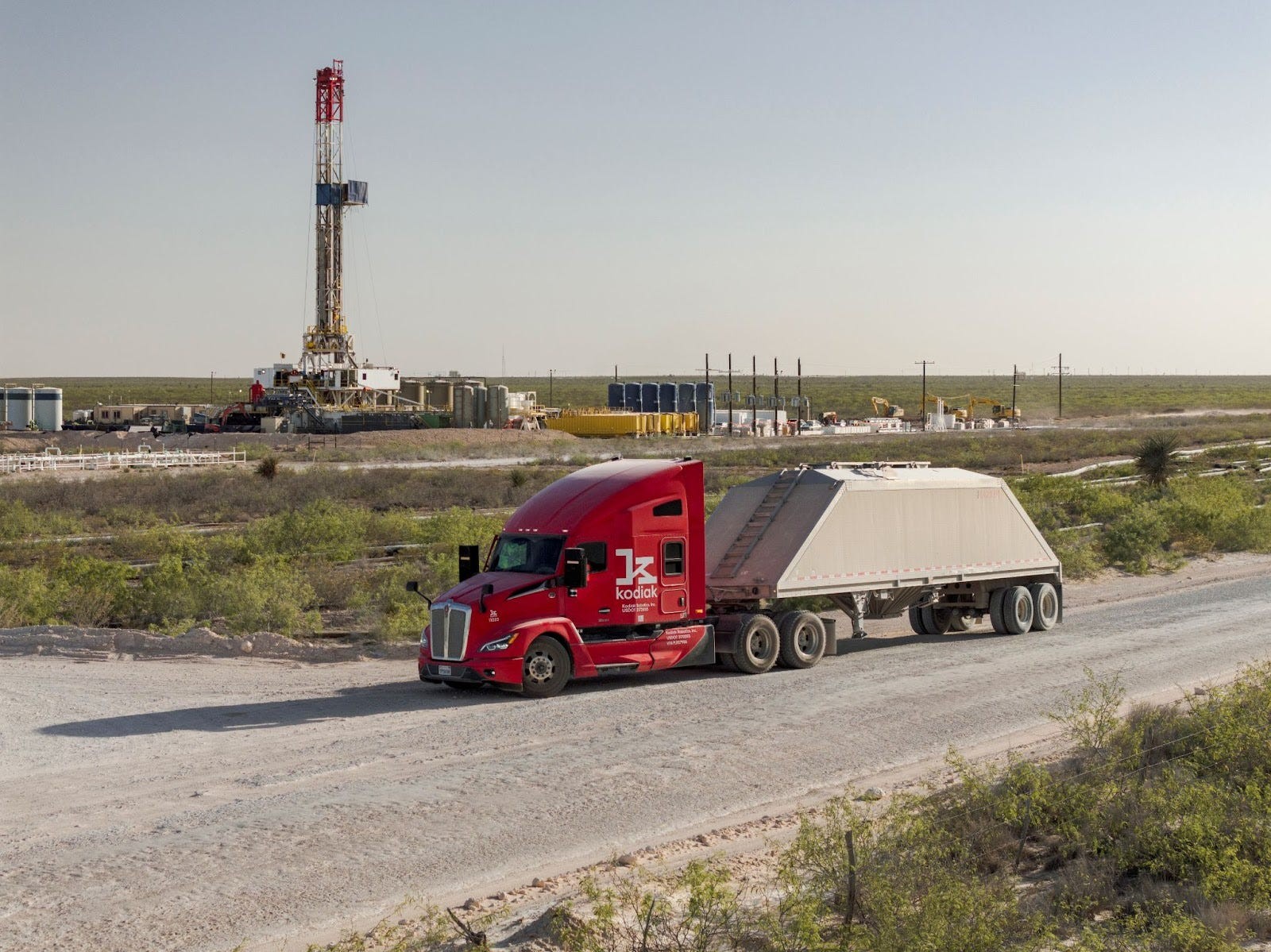
The trucking industry is on the brink of a major transformation as autonomous semi-trucks prepare to hit American highways. Aurora, a leading self-driving technology company, aims to complete its first fully driverless trip between Dallas and Houston before the end of this year.
This groundbreaking journey will involve a carefully orchestrated process. A human driver will initially navigate the truck to a depot in Palmer, Texas. There, the trailer will be transferred to an autonomous vehicle equipped with advanced sensors. This driverless truck will then travel approximately 200 miles south on Interstate 45, maintaining a cautious speed of 65 mph. Upon reaching Houston, the trailer will once again be handed off to a human driver for the final leg of the journey.
Aurora has invested substantial time and resources into developing this technology. The company's Mountain View, California office houses specialized labs for testing hardware resilience against temperature fluctuations and vibrations. Engineers are also working on improving lidar sensors using silicon photonics to enhance reliability while reducing size and cost.
Safety is paramount in Aurora's design philosophy. Each autonomous truck is equipped with redundant systems, including dual computers with independent power and network connections. This approach eliminates single points of failure, a critical consideration when removing human backup from the equation.
The potential impact of this technology is immense. With hundreds of thousands of long-haul truck drivers in the United States, the market for autonomous trucking is substantial. Additionally, the technology could significantly reduce the number of fatal crashes involving large trucks each year.
However, Aurora is not alone in this pursuit. Competitors like Kodiak and Gatik are also making strides in the autonomous trucking space. Kodiak has secured contracts with industrial and military customers, while Gatik focuses on shorter trips for retail giants like Walmart and Kroger.
As these companies progress, they face the challenge of scaling up their driverless fleets and achieving profitability without compromising safety. The success of Aurora's upcoming driverless trip could mark a pivotal moment in the industry, potentially paving the way for widespread adoption of autonomous trucking technology in the near future.